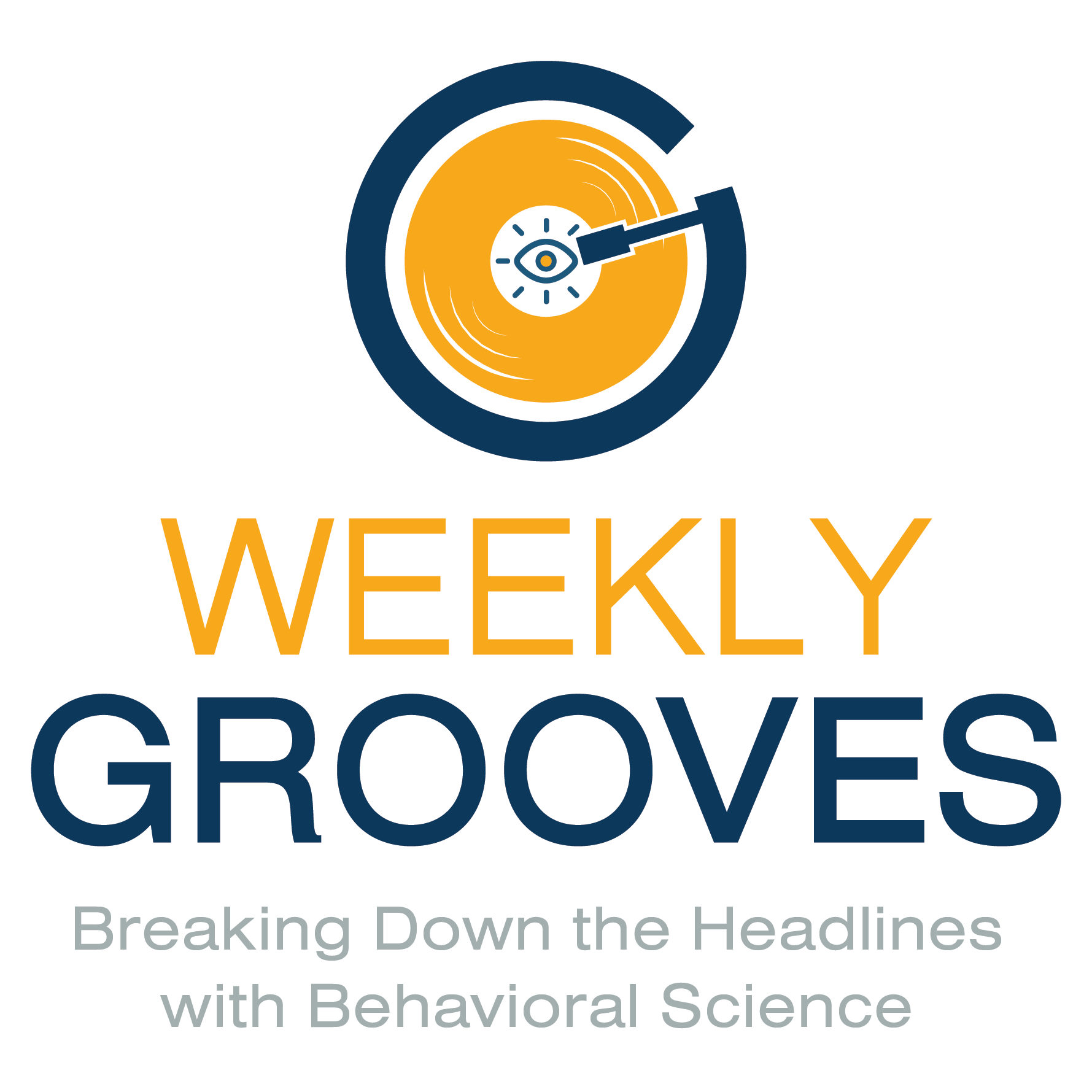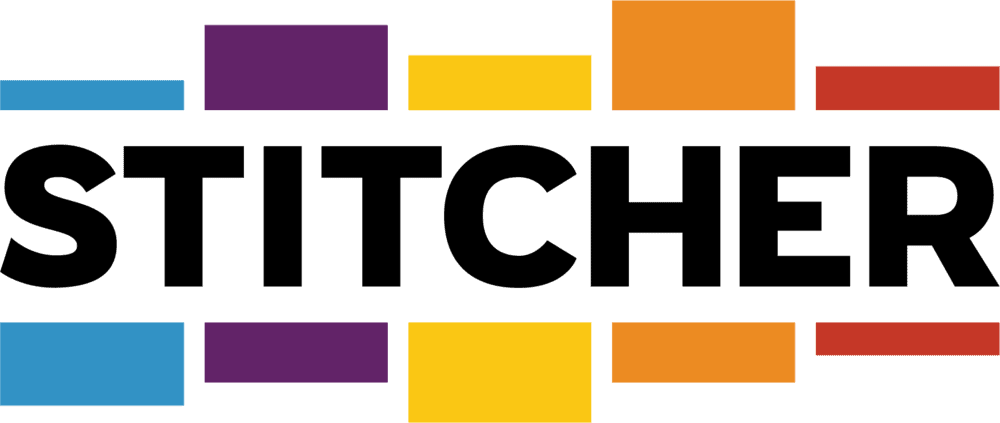Improve Productivity by Making Your Workforce Psychologically Safe
[NOTE: This episode was originally published as a Weekly Grooves podcast. We wanted to share it with our Behavioral Grooves listeners and we hope you enjoy it.]
We were inspired by a recent article on CNBC’s website by Cory Steig, called “ ’Psychological safety’ at work improves productivity–here are 4 ways to get it, according to a Harvard expert.” The piece reviews some research on psychology safety that Kurt and I have been focused on for years.
Psychological safety is a concept that was identified by Harvard Professor Amy Edmondson from work in the 1990’s. Professor Edmondson defines psychological safety as “a workplace where one feels that one’s voice is welcome with bad news, questions, concerns, half-baked ideas and even mistakes.” One way we experience this is when we feel that the team has my back through both good and bad.
Kurt and Tim believe that psychological safety is both undervalued and under-implemented in companies today and we hope listeners can apply some of the key points in this brief discussion to their workplace.
©2020 Weekly Grooves / ©2020 Behavioral Grooves
Podcast: Play in new window | Download
AIRDATE: November 20, 2020 EPISODE 188
Podcast: Play in new window | Download
Improve Productivity by Making Your Workforce Psychologically Safe
Featured Guest

Kurt Nelson, PhD & Tim Houlihan
LINKS
Kurt Nelson, PhD: Kurt@LanternGroup.com
Tim Houlihan: Tim@BehaviorAlchemy.com
Psychological Safety at work improves productivity: https://www.cnbc.com/2020/10/05/why-psychological-safety-is-important-at-work-and-how-to-create-it.html
How Making a Mistake in the Interview Could Land You the Job: https://www.vault.com/blogs/interviewing/how-making-a-mistake-in-the-interview-could-land-you-the-job
Re:Work – Google shares much of the insights that they learned from Project Aristotle and how to implement those ideals: https://rework.withgoogle.com/print/guides/5721312655835136/
Forbes article by Shane Snow that overviews Psychological Safety and describes what it is and is not – nice summary that helps clarify key aspects of this concept: https://www.forbes.com/sites/shanesnow/2020/05/04/how-psychological-safety-actually-works/#51e147dbf864
How to foster psychological safety in virtual meetings: https://hbr.org/2020/08/how-to-foster-psychological-safety-in-virtual-meetings
Elliot Aronson, PhD Coffee Study: https://en.wikipedia.org/wiki/Pratfall_effect











